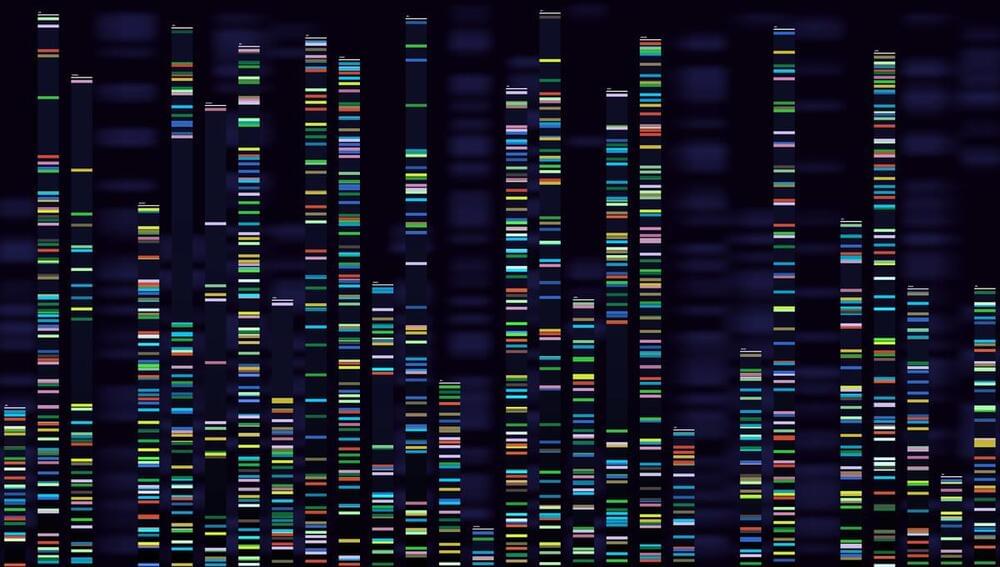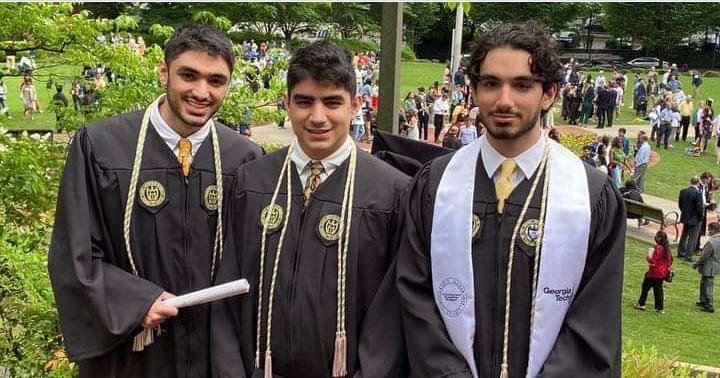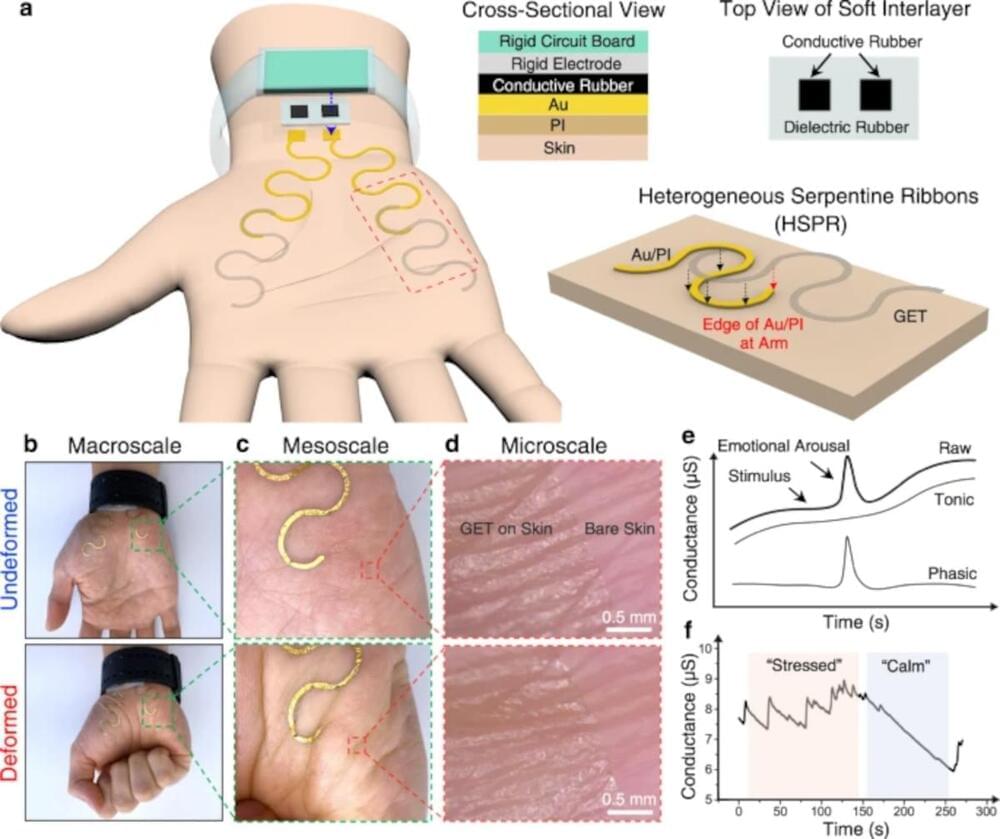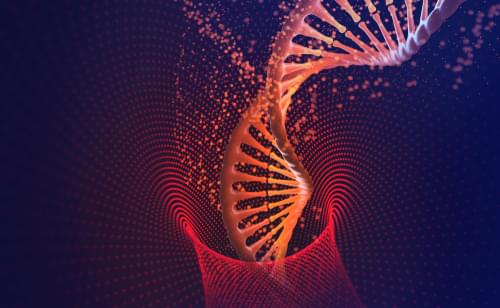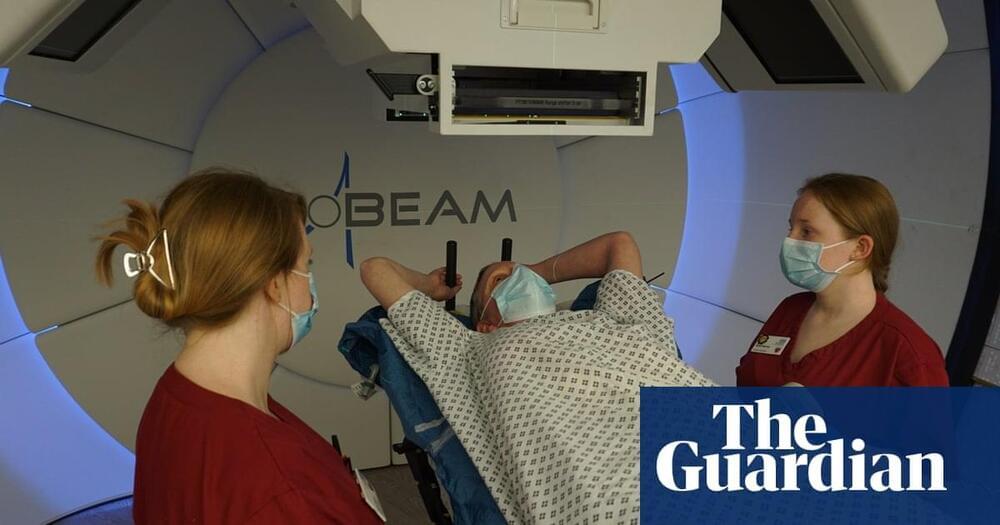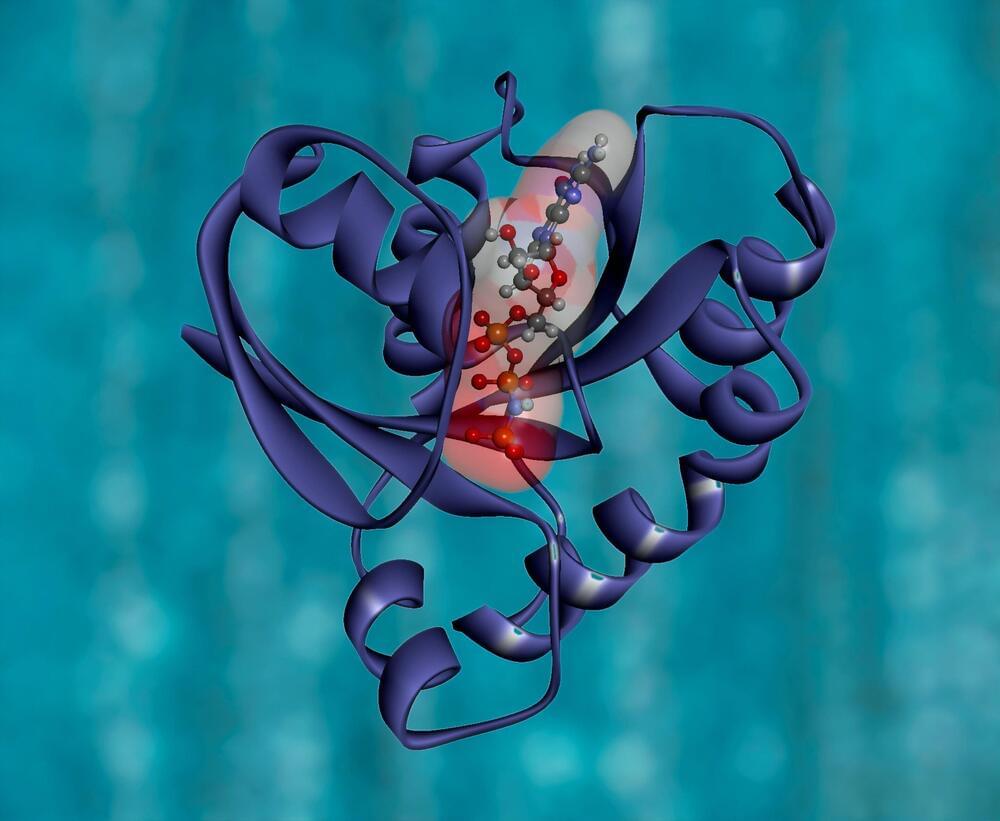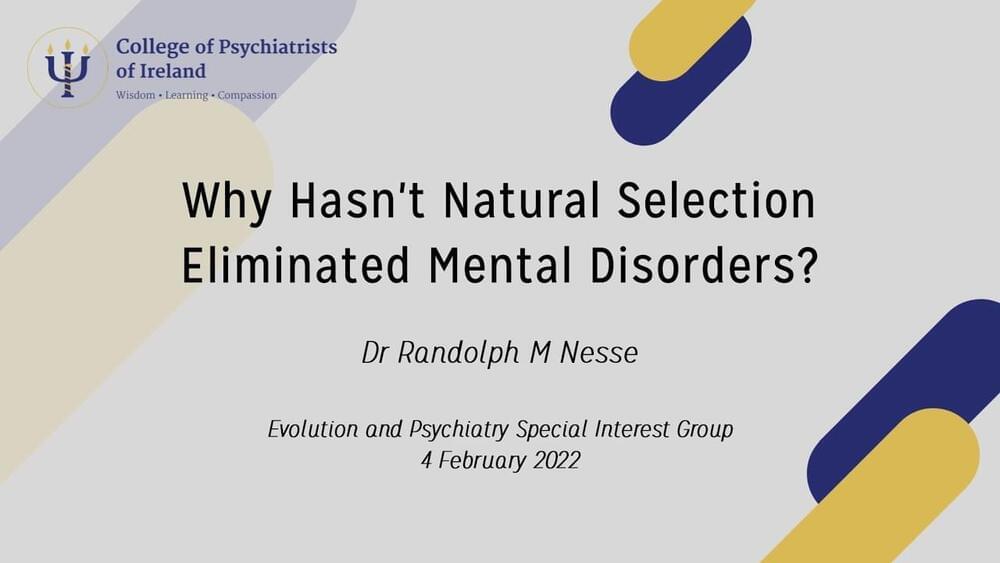Jan 3, 2023
Scientists have revealed a link between drinking enough water and aging
Posted by Gemechu Taye in categories: biotech/medical, life extension
“Proper hydration may slow down aging and prolong a disease-free life.”
It is an indisputable fact that drinking water is beneficial for our health. In addition to its contribution to metabolism, it also plays an important role in keeping the skin moist. According to the National Institutes of Health’s (NIH) new study, drinking water also links people to age in a healthy way.
As stated in the release, researchers looked at the relationship between several health markers and blood salt levels, which rise when fluid intake declines. The study included health information acquired from 11,255 participants over a 30-year period.
Continue reading “Scientists have revealed a link between drinking enough water and aging” »

